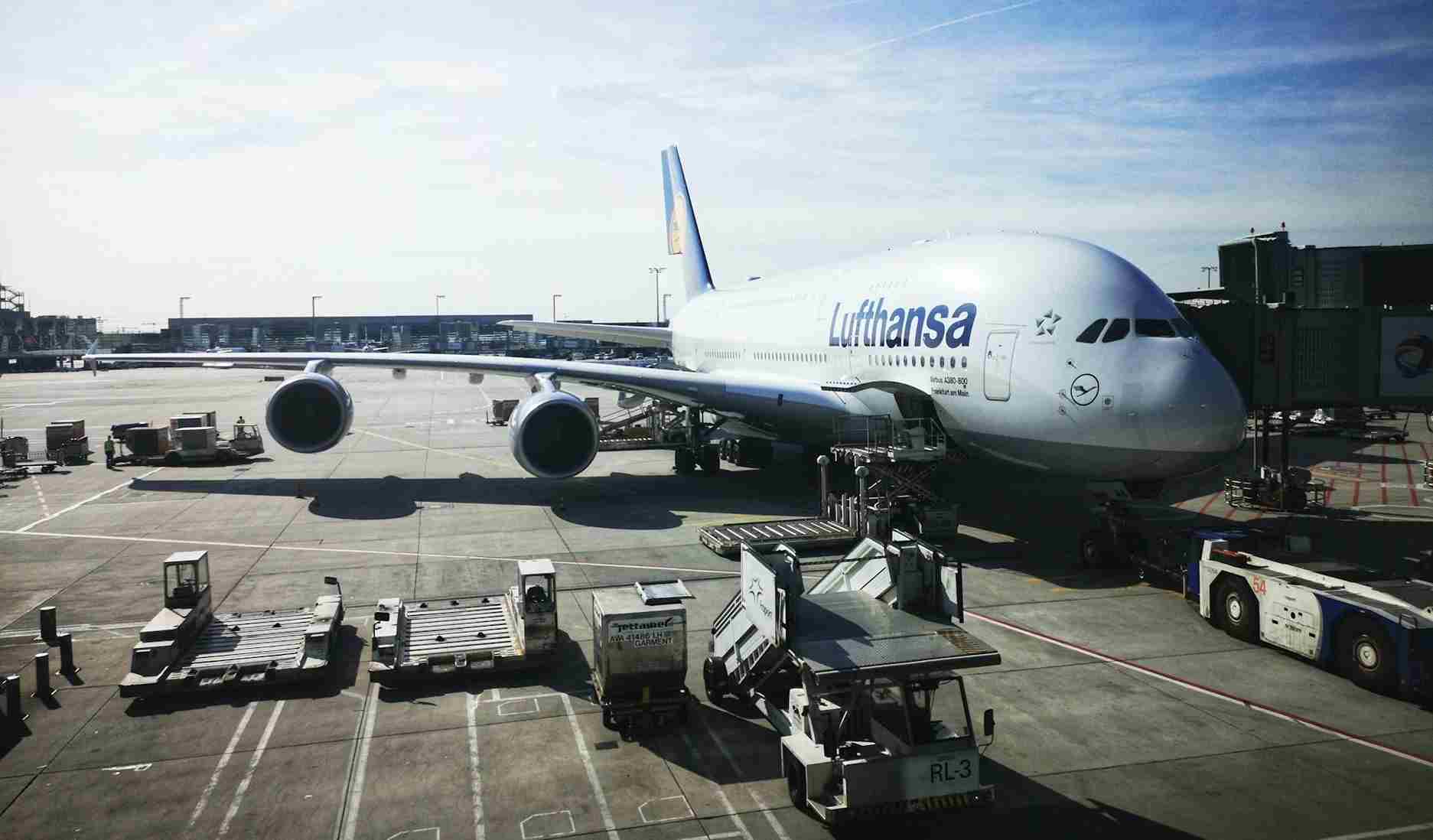Ground handling services providers play an essential role in the aviation industry, ensuring the smooth operation of aircraft while on the ground. From managing cargo to assisting passengers, these services are crucial for maintaining safety, efficiency, and high standards in air travel.
Introduction
The aviation industry is a complex ecosystem where precision, timing, and efficiency are paramount. Among the various elements that ensure this system runs smoothly, ground handling services providers stand out as indispensable. They are the silent heroes who manage a multitude of tasks behind the scenes, ensuring that aircraft operations are seamless, safe, and efficient. The importance of ground handling services cannot be overstated, as they directly impact the overall passenger experience and operational costs of airlines.
Ground Handling Services Providers
Definition and Role
Ground Handling Services Providers are specialized companies that manage all the on-ground operations necessary for an aircraft’s arrival, turnaround, and departure. Their role encompasses a wide range of services including ramp handling, passenger services, cargo management, and aircraft maintenance. These providers are responsible for ensuring that flights are on schedule, baggage is correctly handled, and all safety protocols are meticulously followed.
Key Players in the Industry
Several companies dominate the ground handling services industry, each bringing unique strengths and extensive experience to the table. Notable players include Swissport, Menzies Aviation, and dnata, all of which offer comprehensive services that cater to the needs of airlines globally. These providers leverage advanced technology and skilled personnel to deliver high-quality services that enhance operational efficiency and safety.
Types of Ground Handling Services
Ramp Handling
Ramp handling involves all activities required to service an aircraft while it is on the ground. This includes aircraft marshaling, towing, fueling, and the handling of aircraft baggage and cargo. The efficiency and safety of these operations are critical as they directly affect turnaround times and flight schedules.
Passenger Services
Passenger services encompass all aspects of customer service provided to passengers from the moment they enter the airport until they board the aircraft. This includes check-in, boarding assistance, baggage handling, and special services for passengers with reduced mobility. Efficient passenger services are vital for maintaining high customer satisfaction and ensuring smooth airport operations.
Cargo Handling
Cargo handling services manage the loading, unloading, and transportation of cargo. This includes ensuring that cargo is handled in compliance with safety regulations and that it reaches its destination on time. Given the growing importance of air freight in global trade, efficient cargo handling is more crucial than ever.
Aircraft Maintenance
Ground handling services also cover routine and non-routine maintenance activities necessary to keep the aircraft airworthy. This includes inspections, repairs, and the installation of upgrades. Maintenance services ensure that aircraft are in optimal condition, thereby enhancing safety and reliability.
Benefits of Professional Ground Handling Services
Safety and Efficiency
Professional ground handling services are critical for maintaining safety standards and ensuring efficient operations. By adhering to strict protocols and using advanced equipment, these providers minimize the risk of accidents and delays, thereby ensuring smooth and safe aircraft operations.
Cost-Effectiveness
Outsourcing ground handling services can be cost-effective for airlines. Professional providers have the expertise and resources to manage operations more efficiently, which can lead to significant cost savings. Moreover, they can leverage economies of scale to offer competitive pricing.
Enhanced Passenger Experience
High-quality ground handling services significantly enhance the passenger experience. From efficient check-in processes to timely baggage handling, these services ensure that passengers have a smooth and pleasant journey. This can lead to higher customer satisfaction and loyalty.
Key Features of Top Ground Handling Services Providers
Advanced Technology
Leading ground handling services providers utilize advanced technology to optimize their operations. This includes automated baggage handling systems, real-time tracking of cargo, and the use of AI for predictive maintenance. These technologies enhance efficiency, accuracy, and safety.
Skilled Workforce
The quality of ground handling services heavily depends on the expertise and training of the workforce. Top providers invest in continuous training and development programs to ensure their staff are well-equipped to handle various ground operations with precision and professionalism.
Compliance with Regulations
Compliance with international and local aviation regulations is a key feature of reputable ground handling services providers. They adhere to strict safety and operational standards, ensuring that all services are carried out in accordance with regulatory requirements. This not only enhances safety but also builds trust with airlines and passengers.
Challenges in Ground Handling Services
Operational Challenges
Ground handling services providers face numerous operational challenges, including managing peak traffic periods, ensuring timely service delivery, and coordinating with multiple stakeholders. These challenges require robust planning, efficient resource management, and effective communication.
Regulatory Challenges
The aviation industry is heavily regulated, and ground handling services providers must navigate a complex web of local and international regulations. Keeping up with regulatory changes and ensuring compliance can be challenging, requiring continuous monitoring and adaptation.
Environmental Concerns
Environmental concerns are increasingly impacting the ground handling services industry. Providers are under pressure to reduce their carbon footprint and adopt more sustainable practices. This includes investing in eco-friendly equipment and implementing waste reduction programs.
Innovations in Ground Handling Services
Automation and AI
Automation and artificial intelligence are revolutionizing ground handling services. Automated systems for baggage handling, AI-driven predictive maintenance, and autonomous vehicles for towing aircraft are just a few examples of how technology is enhancing efficiency and accuracy in ground operations.
